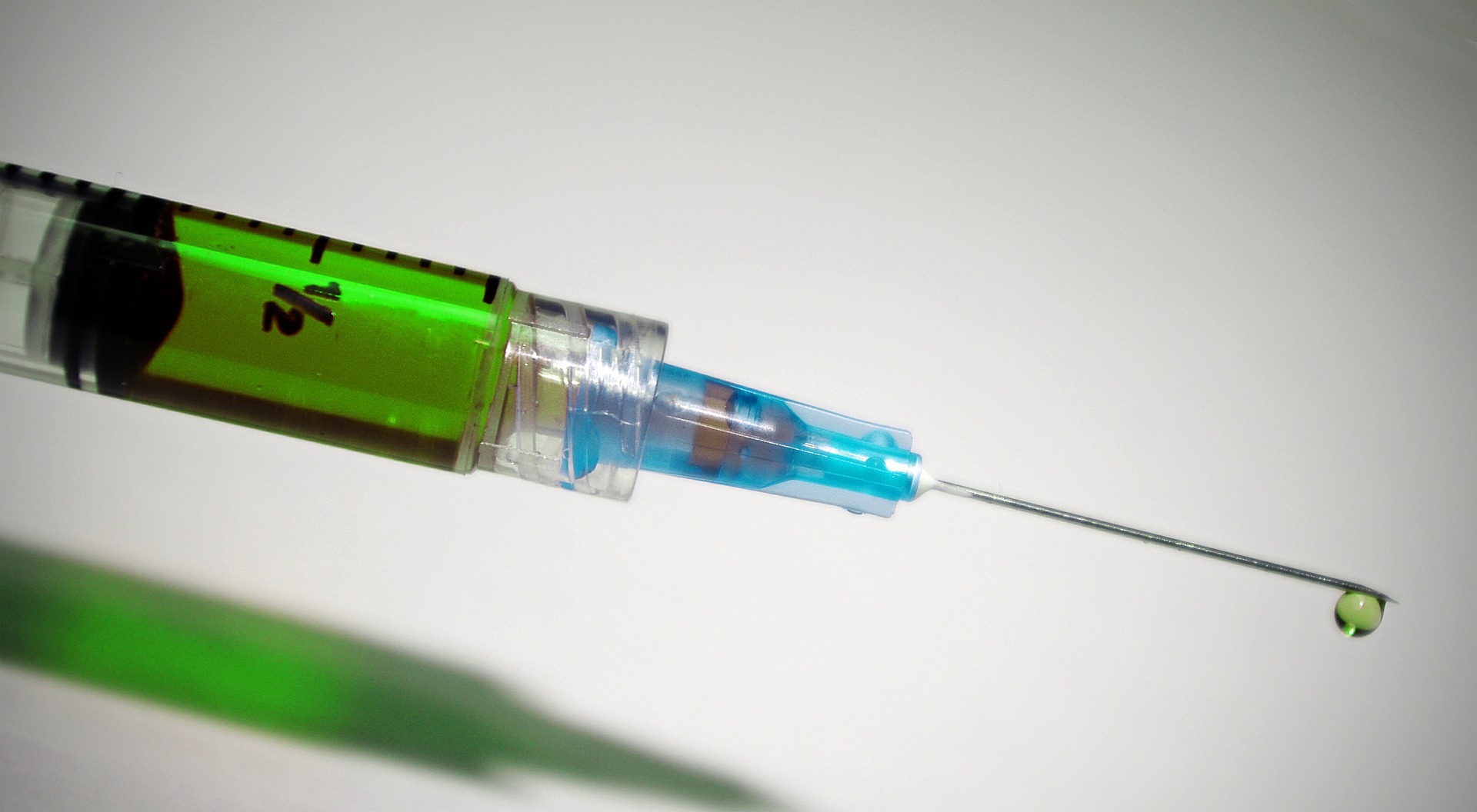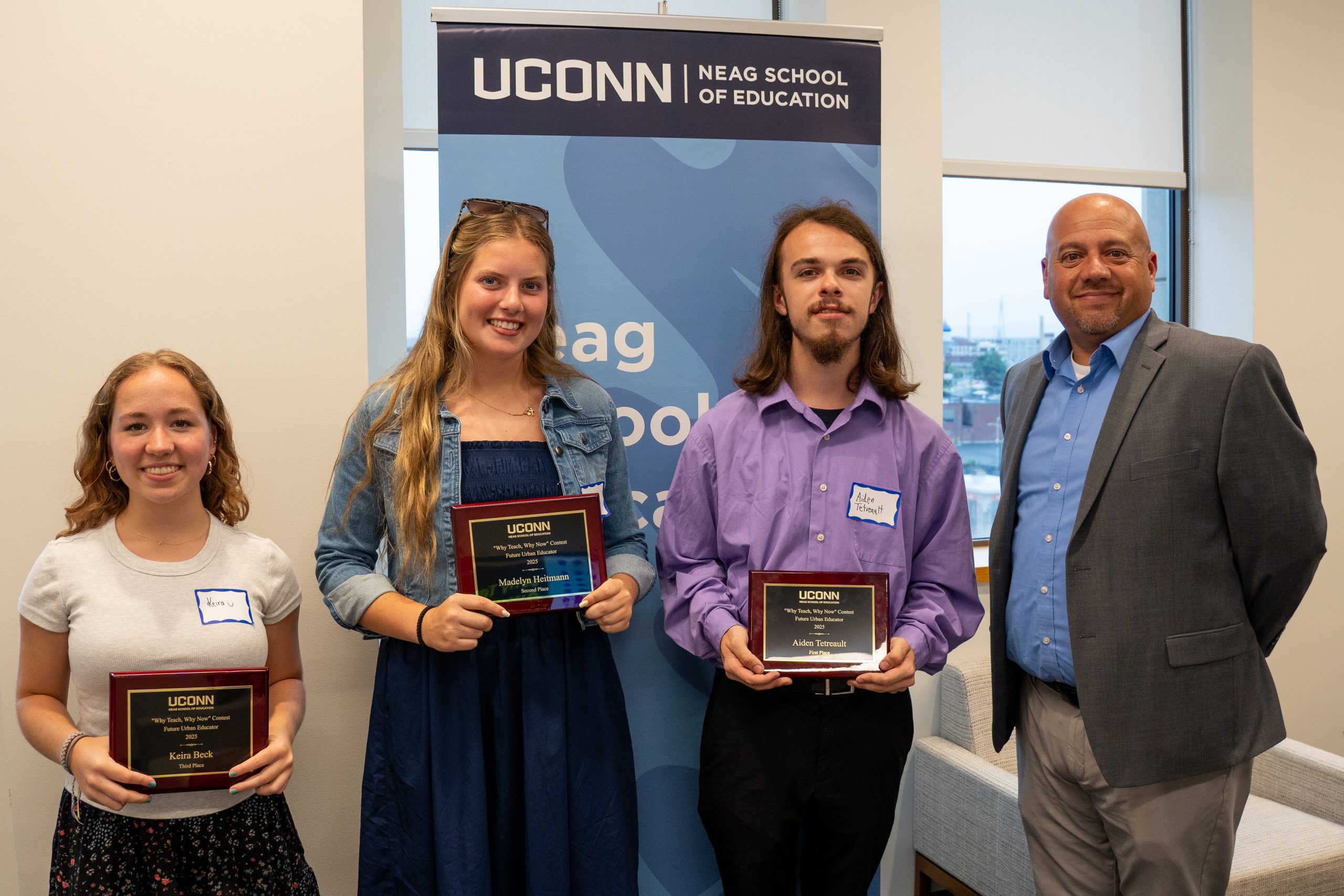UConn Health startup, Lipid Genomics, announced today that their exclusive lymphocyte activation gene-3 (LAG3) biologic patent was issued an allowance by the US Patent Trademark Office.
The LAG3 patent was invented by Dr. Annabelle Rodriguez-Oquendo, M.D., endowed professor in the Department of Cell Biology at UConn Health in Farmington, CT and licensed exclusively to Lipid Genomics.
In previous research, Rodriguez-Oquendo found that people with low levels of plasma LAG3 were at significantly greater risk for heart disease. This is true even in people with high levels of HDL-cholesterol, which has long been considered the “good” cholesterol. Recent findings by Rodriguez-Oquendo and other researchers have called into question the assumption that HDL is in fact “healthy.”
The LAG3 biologic should provide physicians and other healthcare providers a unique therapeutic to manage cardiovascular and immune diseases in their patients. This biologic should be particularly beneficial as data about cardiovascular and autoimmune diseases in patients treated with immune checkpoint blockades continues to emerge.
“A LAG3 biologic will be another therapeutic option for patients at risk for cardiovascular and immune diseases,” says Rodriguez-Oquendo. “We already have an issued patent for the LAG3 diagnostic for patient stratification and now this new allowed LAG3 biologic will hopefully provide a precise treatment for patients. It’s important to emphasize that the LAG3 biologic is in the preclinical phase, so we have a way to go before this would become a FDA approved drug for patient use.”
While it may be years away, for Rodriguez-Oquendo, a physician-scientist and Linda and David Roth Chair for Cardiovascular Research, getting better tests and therapies into patients’ hands is the ultimate goal.
She came to UConn Health from Johns Hopkins University in 2012. She was drawn to UConn Health because of Bioscience Connecticut, the state’s plan to jumpstart Connecticut’s economy by supporting bioscience research, innovation and commercialization, which would create jobs and bring revenue to the state while furthering a greater cause.
“I was attracted to the state and UConn because of the tremendous investments in bioscience and the focus on entrepreneurship taking place in Connecticut,” she says. “For a faculty entrepreneur, it’s critical to be a part of an innovation ecosystem like the one we see growing in Connecticut.”
Lipid Genomics is located at UConn’s Technology Incubation Program (TIP) in Farmington on the UConn Health campus. In addition to access to state-of-the-art wet and dry labs, TIP offers startups customized business mentoring, connections with potential investors, and access to research sources available at UConn and UConn Health. Like Lipid Genomics, many TIP startups are based on technologies developed by UConn and UConn Health faculty.
“Dr. Rodriguez’s LAG3 biologic and diagnostic patents are a prime example of the groundbreaking technologies being developed in UConn and UConn Health labs every day,” says Radenka Maric, UConn’s vice president for research. “The University is committed to supporting faculty like Dr. Rodriguez to help early-stage innovations advance beyond the lab, join the ranks of other successful Connecticut startups, and have an impact in our communities and our state economy.”
Lipid Genomics welcomes serious interest by potential investors and/or strategic partners in commercially advancing the LAG3 diagnostic test and biologic therapeutic.



